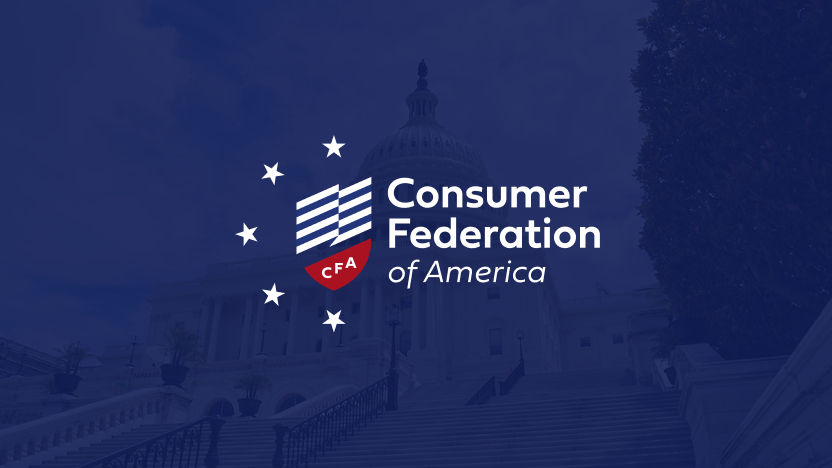Major Auto Insurers Raise Rates Based on Economic Factors

All states except New Hampshire require drivers to purchase auto insurance, and the importance of automobile ownership for most Americans adds a special responsibility to ensure fairness in the auto insurance marketplace.1 In most states, however, auto insurance premiums are driven in large measure by economic factors that are unrelated to driving safety, a practice that most Americans consider unfair. Among the most common of the individual economic and socio-economic characteristics used by auto insurers are motorists' level of education, occupation, homeownership status, prior purchase of insurance, and marital status. Because each of these factors are associated with an individual's economic status and because insurers consistently use each factor to push premiums up for drivers of lesser economic means, the combined effect of insurers' use of these factors can result in considerably higher prices for low- and moderate-income Americans, leaving many overburdened by unfairly high premiums and others unable to afford insurance at all.
Our Subject Matter Experts

Michael DeLong
Research and Advocacy Associate

Douglas Heller
Director of Insurance
Reports

Consumer Complaint Survey Report 2024

Variable Universal Life Insurance: Is it Worth it?

Financial Planning Association of Greater Hudson Valley Technical Aspects in Evaluating Cash Value Life Insurance Policies
